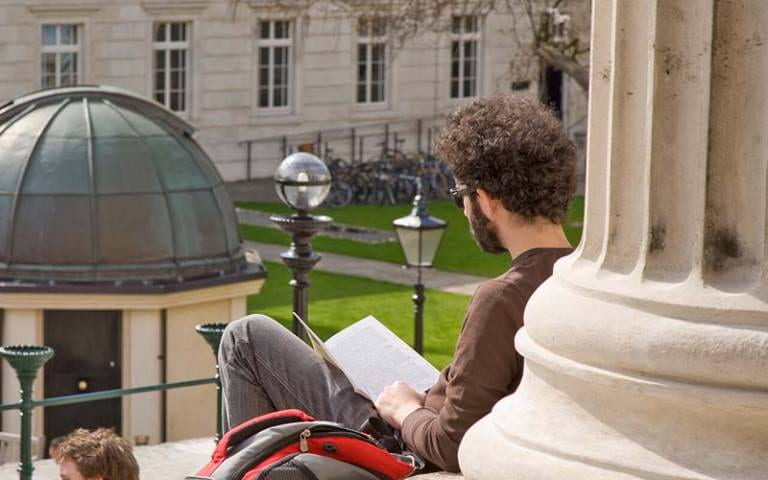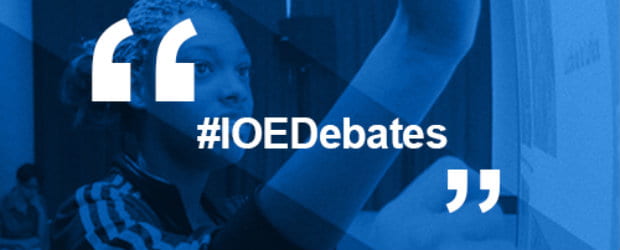‘When Black Lives Matter All Lives Will Matter’
By Blog Editor, IOE Digital, on 22 September 2020
Ann Phoenix, Afiya Amesu, Issy Naylor and Kafi Zafar – a teacher and three students discuss the BLM movement in a two-part blog.
The publicity following the death of George Floyd after the white policeman Derek Chauvin knelt on his neck galvanised support for the Black Lives Matter movement. BLM and the attention it has garnered over the last few months has thrown light on the ongoing discrimination and systemic racism that black people continue to face.
Alongside the unprecedented global protests against racism, there seems a new appetite to understand the specificities and ubiquity of anti-black racism and its subtle, every-day materialisations as well as its murderous manifestations. That quest for understanding has seen an extraordinary outpouring of testimonies from black and mixed-parentage people, telling stories of events and day to day experiences that have generally been reserved for insider conversations on microaggressions and discrimination.
It is evident in institutions such as the media and universities that both like to see themselves as progressive but are repeatedly shown to reproduce social inequalities. A crucial (more…)
 Close
Close










